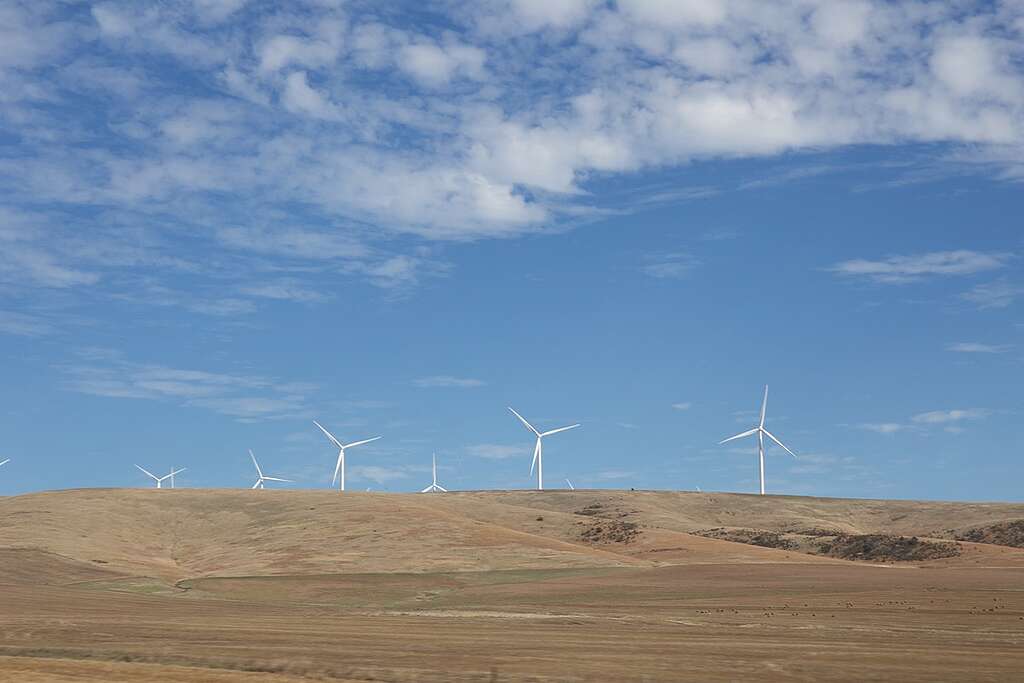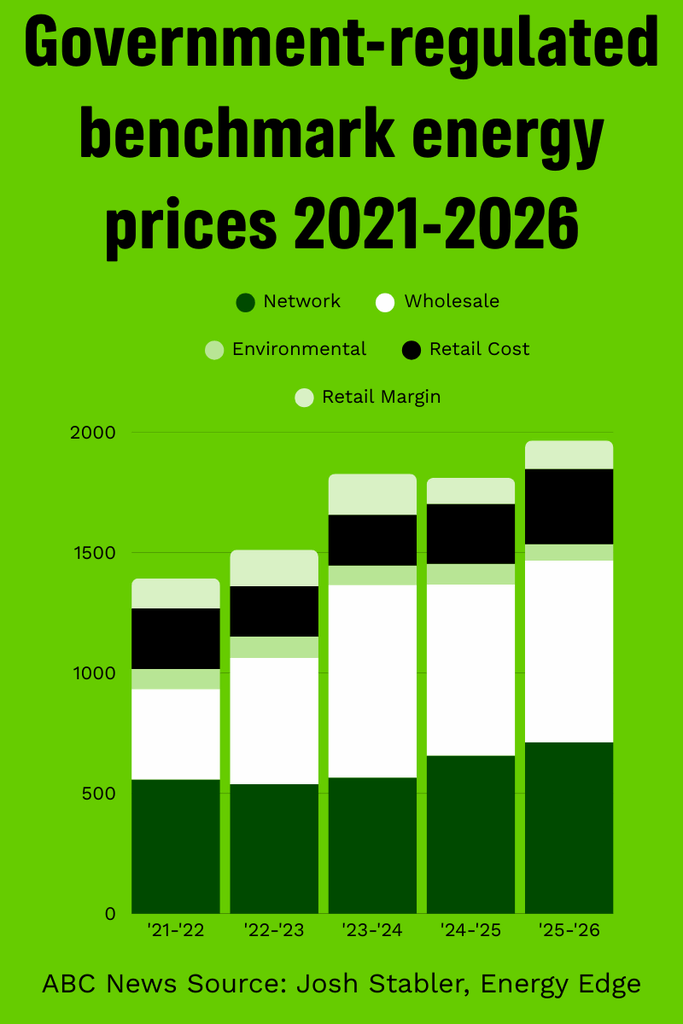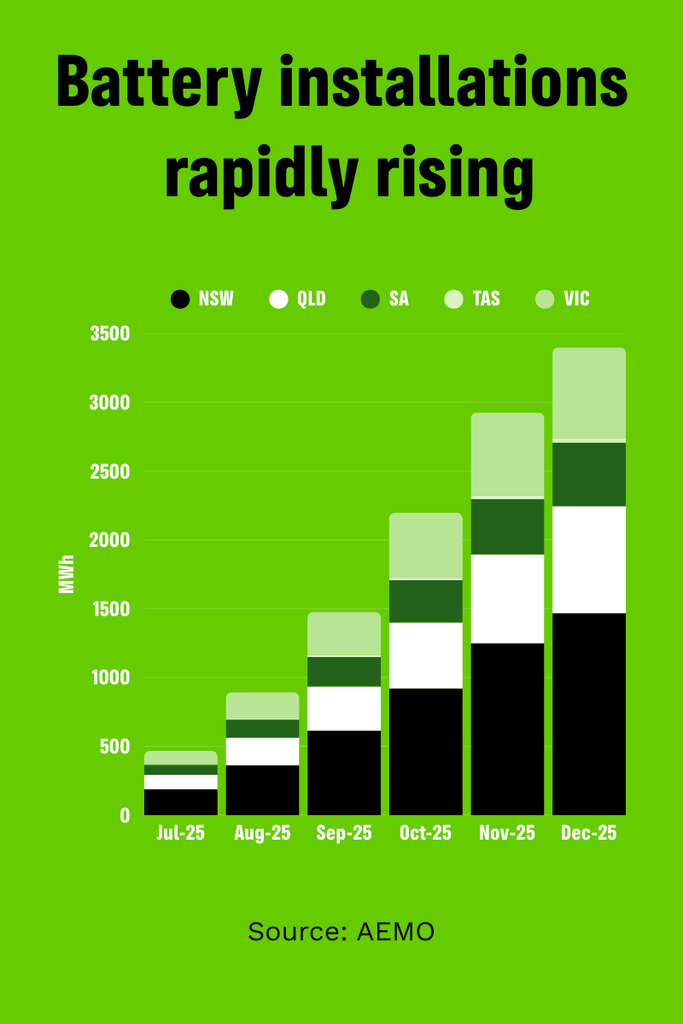Governments are expected to face fraught discussions next week over the timeline of several key climate science reports and the fallout of a reported US exit from the UN’s Intergovernmental Panel on Climate Change (IPCC).
At a week-long plenary meeting of the IPCC in Hangzhou, China, diplomats and scientists will again try to decide whether flagship reports reviewing the world’s knowledge of climate change should be ready in time for the next UN assessment of global climate action.
The IPCC is in its seventh assessment cycle – known as AR7 – which is meant to compile global climate science into three reports: one on the physical scientific basis for climate change, another on the vulnerability of human and natural systems, and a third one on options for mitigating climate change. These reports are scheduled for release in 2029.
Some scientists have called for the AR7 reports to be completed in time to inform the next review of climate policies as mandated by the Paris Agreement, known as the Global Stocktake and scheduled for 2028. But deep divisions have twice prevented an agreement on the timeline being reached so far.
European and Latin American states, small island nations and least developed countries have pushed for the reports to be delivered by mid-2028, in time for the next UN Global Stocktake. But, at the last gathering in August 2024, a dozen developing countries led by Saudi Arabia, Russia, China and India opposed an accelerated timeline, citing concerns over the inclusivity of a shortened assessment process.
Last chance for timeline agreement
Delta Merner of the US-based Union of Concerned Scientists, a close observer of IPCC talks, told Climate Home this is the last chance to reach an agreement. “If it goes beyond this meeting, it ends up being a decision made out of a failure to act,” she added.
Ahead of next week’s summit, the 39-member Alliance of Small Island States (AOSIS) has warned that efforts to “stave off the most catastrophic impacts of climate change” could be weakened if decisions at UN climate negotiations are made without the IPCC’s input.
AOSIS chair Ilana Seid from Palau said in written comments that the scientific analysis would improve understanding and help boost defences in the fight against climate change. She added that “timely and relevant” insights from the IPCC are “integral to the Global Stocktake process”.
“To backtrack is to drive our world irrevocably off-track,” Seid added.
After US retreat, countries clash over who should make up Green Climate Fund shortfall
Aside from the publication date of the AR7 reports, countries are also expected to discuss their outline, which technical experts sketched out at a meeting late last year.
Kaisa Kosonen, a senior political advisor at Greenpeace International, said observers are expecting to see “somewhat different priorities in what governments see as policy-relevant and must-haves in the outlines”.
US expected to stay home
The crucial talks in Hangzhou will likely proceed without the US delegation, as President Donald Trump’s administration reportedly halted the participation of officials from the State Department and scientists from federal agencies, according to Reuters and Axios.
The White House has not yet indicated whether the US will withdraw from the IPCC altogether. But Trump has already attacked other multilateral climate forums, kick-starting the process of pulling the US out of the Paris Agreement and blocking financial contributions to the UN’s climate body and the Green Climate Fund.
Up until now, the US has played a key role in supporting the IPCC and its scientific work.
The US – under the administration of Joe Biden – provided $1.45 million to the IPCC last year, amounting to over a quarter of total contributions from governments. It also supplied a dedicated unit that supported the work of IPCC scientists assessing methods for reducing greenhouse gas emissions.
Lula’s government pushes for new oil drilling in the Amazon – where it will host COP30
“If Trump were to revoke the US funding, there would likely be shortfalls and that would impact the ability to convene expert meetings and conduct assessments,” said Merner from the Union of Concerned Scientists.
“Defunding the IPCC doesn’t just weaken global climate action potential – but it also leaves the US less prepared for a climate risk that directly threatens communities, the economy and national security here,” Merner added.
The post In Trump’s shadow, IPCC set to make key decision on timing of climate science review appeared first on Climate Home News.
In Trump’s shadow, IPCC set to make key decision on timing of climate science review
Climate Change
Pacific nations would be paid only thousands for deep sea mining, while mining companies set to make billions, new research reveals
SYDNEY/FIJI, Thursday 26 February 2026 — New independent research commissioned by Greenpeace International has revealed that Pacific Island states would receive mere thousands of dollars in payment from deep sea mining per year, placing the region as one of the most affected but worst-off beneficiaries in the world.
The research by legal professor Dr Harvey Mpoto Bombaka and development economist Dr Ben Tippet reveals that mechanisms proposed by the International Seabed Authority (ISA) for sharing any future revenues from deep sea mining would leave developing nations with meagre, token payments. Pacific Island nations would receive only USD $46,000 per year in the short term, then USD $241,000 per year in the medium term, averaging out to barely USD $382,000 per year for 28 years – an entire annual income for a nation that is less than some individual CEOs’ salaries. Mining companies would rake in over USD $13.5 billion per year, taking up to 98% of the revenues.
The analysis shows that under a scenario where six deep sea mining sites begin operating in the early 2030s, the revenues that states would actually receive are extraordinarily small. This is in contrast to the clear mandate of the United Nations Convention on the Law of the Sea (UNCLOS), which requires mining to be carried out for the benefit of humankind as a whole.[1] The real beneficiaries, the research shows, would be, yet again, a handful of corporations in the Global North.
Head of Pacific at Greenpeace Australia Pacific Shiva Gounden, said:
“What the Pacific is being promised amounts to little more than scraps. The people of the Pacific would sacrifice the most and receive the least if deep sea mining goes ahead. We are being asked to trade in our spiritual and cultural connection to our oceans, and risk our livelihoods and food sources, for almost nothing in return.
“The deep sea mining industry has manipulated the Pacific and has lied to our people for too long, promising prosperity and jobs that simply do not exist. The wealthy CEOs and deep sea mining companies will pocket the cash while the people of the Pacific see no material benefits. The Pacific will not benefit from deep sea mining, and our sacrifice is too big to allow it to go ahead. The Pacific Ocean is not a commodity, and it is not for sale.”
Using proposals submitted by the ISA’s Finance Committee between 2022 and 2025, the returns to states barely register in national accounts. After administrative costs, institutional expenses, and compensation funds are deducted, little, if anything, remains to distribute [3].
Author Dr Harvey Mpoto Bombaka of the Centro Universitário de Brasília said:
“What’s described as global benefit-sharing based on equity and intergenerational justice increasingly looks like a framework for managing scarcity that would deliver almost no real benefits to anyone other than the deep sea mining industry. The structural limitations of the proposed mechanism would offer little more than symbolic returns to the rest of the world, particularly developing countries lacking technological and financial capacity.”
The ISA will meet in March for its first session of the year. Currently, 40 countries back a moratorium or precautionary pause on deep sea mining.
Gounden added: “The deep sea belongs to all humankind, and our people take great pride in being the custodians of our Pacific Ocean. Protecting this with everything we have is not only fair and responsible but what we see as our ancestral duty. The only equitable path is to leave the minerals where they are and stop deep sea mining before it starts.
“The decision on the future of the ocean must be a process that centres the rights and voices of Pacific communities as the traditional custodians. Clearly, deep sea mining will not benefit the Pacific, and the only sensible way forward is a moratorium.”
—ENDS—
Notes
[1] A key condition for governments to permit deep sea mining to start in the international seabed is that it ‘be carried out for the benefit of mankind as a whole’, particularly developing nations, according to international law (Article 136-140, 148, 150, and 160(2)(g), the UN Convention on the Law of the Sea).
For more information or to arrange an interview, please contact Kimberley Bernard on +61407 581 404 or kbernard@greenpeace.org
Climate Change
North Carolina Regulators Nix $1.2 Billion Federal Proposal to Dredge Wilmington Harbor
U.S. Army Corps of Engineers failed to explain how it would mitigate environmental harms, including PFAS contamination.
The U.S. Army Corps of Engineers can’t dredge 28 miles of the Wilmington Harbor as planned, after North Carolina environmental regulators determined the billion-dollar proposal would be inconsistent with the state’s coastal management policies.
North Carolina Regulators Nix $1.2 Billion Federal Proposal to Dredge Wilmington Harbor
Climate Change
Australia’s renewable energy opportunity
Australia has some of the largest areas of high volume, consistent solar and wind energy anywhere in the world. It is a natural advantage that many countries in our region and across Europe will envy as they ramp up their efforts to reduce carbon pollution.
Australia has an amazing opportunity to utilise this abundance of reliable energy not only to transform our own energy systems but also that of our neighbours – if we get the policy settings right.
We are, in fact, already seeing the benefits of renewable energy flowing into our electricity grids. With all the inflation pressures on our bank accounts it looks like electricity pricing may be one cost that could be turning a corner – largely thanks to cheap solar and wind energy.
Renewables are Bringing Down the Cost of Producing Electricity

Here at Greenpeace, while we think there are some important questions to ask about renewable energy, it is clear that solar and wind are certainly the cheapest energy options available.
In contrast, coal, oil and gas are not only big on pollution, they are also proving costlier as they struggle to cope with the changing nature of our electricity systems. Plus, fossil fuels are much more exposed to international price fluctuations – as we all experienced when our electricity bills rapidly rose following the Russian invasion of Ukraine.
Wouldn’t it be great if we instead had energy independence, sourced from an infinite supply of clean energy?
Solar and wind (backed by batteries) can do just that and the reality is that they are already out-competing the old guard of gas and coal simply because they are quicker and cheaper to deploy. Which is good news for electricity prices!
Although whether energy retailers are passing on those savings to customers is another question. Short answer: no, they’re not – but it is a bit complex.
Why are my electricity bills still high?
There are a number of elements that make up the final amount we see on our bills. The graph below shows the breakdown of energy costs covered by our bills.
You will see roughly a third (36.2% in 2025-26) of the cost goes to maintenance and build out of the electricity grid. This includes the transmission lines needed to connect to new renewable energy sites and to connect states so they can better share their energy resources. The ‘network’ costs have been increasing but so have other components of our bill, most notably the ‘wholesale’ cost of producing electricity.

Thankfully, the cost of producing the electricity is now starting to go down (thanks to renewables and batteries), but they are coming off record highs thanks to the exorbitant cost of gas and the unreliability of coal power stations that are old and no longer fit for purpose.
During high demand times (eg, when we all get home from work on a hot day and turn on the air conditioning) spot prices can quickly jump. Add to that a couple of coal power plants breaking down (as they increasingly do), and expensive gas fired power use spikes in the system. This can quickly cancel out any of the cost savings solar power may have created during the day when prices can actually go negative.
The good news is that this is exactly the problem batteries can solve. Batteries are great at soaking up the surplus supply of solar during the middle of the day, which creates a more efficient system, and then rapidly pumping out that power during the evening peak at a cheaper rate than gas.
How much have costs come down?
According to the Australian energy regulator (AEMO), wholesale electricity prices across the east coast have dropped by 44% when comparing prices in quarter 4 of 2025 to the same period in 2024.

AEMO directly attributes the change to the significant growth in wind (up 29%), solar (up 15%), and batteries (3,796 MW of new battery capacity added). This influx of cheap renewable energy has seen a corresponding decrease in the use of polluting fossil fuels to power the grid. Coal fired power dropped by 4.6% and gas fired power fell by a staggering 27%.
The same trend can be seen in the world’s largest standalone grid in WA where renewable energy and storage supplied a record 52.4% of the grid’s energy across the final 3 months of 2025. That is an impressive result given there is no interstate connection to borrow energy from and there is no hydroelectric power in the system.
As a result, WA has seen a 13% drop in wholesale electricity prices thanks to a 5.8% reduction in coal fired power and a 16.4% reduction in gas fired power.
Australian Households Lead the Way on Solar and Batteries
Despite all the attempts to discredit clean energy by Trump and other conservative politicians, Aussie households have long known the value of renewable energy. In fact, Australia now holds the title for the highest rate of solar energy per capita in the world.
This is now being followed by the rapid takeup of household batteries with the Clean Energy Regulator being overwhelmed with interest in the Cheaper Home Batteries Program. They now expect to receive “around 175,000 valid battery applications corresponding to a total usable capacity of 3.9 GWh by the end of 2025.”’

All these extra batteries storing the surplus solar energy across our neighbourhoods during the day is not only creating drastic bill reductions for those households who are installing them, it is helping the whole grid. Which eventually will help everyone’s electricity bills.
If Australia as a whole follows the lead of suburban families by switching to cheap solar (plus wind) backed-up by batteries, it has an unparalleled opportunity to build its economy on the back of unlimited, local, clean energy harnessed from the sun and wind.
Powering our Future Economy
If there was ever something Australia has a natural advantage in, its sun and wind. But given the growing demand for electricity from data centres and the electrification of heavy industry, we are going to need more than just rooftop solar panels.
That’s where Australia has the potential, more than almost any other country, to become a renewable energy powerhouse and punch above our weight in the fight against climate change. See for example the unique opportunity to enter into the production and export of green iron.
While there is still quite a way to go before our electricity is fully sourced from solar and wind, we are well on the way. The clean energy charge is gathering pace – and our communities, oceans, wildlife and bank balances will be the better for it.
-
Greenhouse Gases7 months ago
Guest post: Why China is still building new coal – and when it might stop
-
Climate Change7 months ago
Guest post: Why China is still building new coal – and when it might stop
-

 Greenhouse Gases2 years ago
Greenhouse Gases2 years ago嘉宾来稿:满足中国增长的用电需求 光伏加储能“比新建煤电更实惠”
-
Climate Change2 years ago
Bill Discounting Climate Change in Florida’s Energy Policy Awaits DeSantis’ Approval
-
Climate Change2 years ago
Spanish-language misinformation on renewable energy spreads online, report shows
-

 Climate Change2 years ago
Climate Change2 years ago嘉宾来稿:满足中国增长的用电需求 光伏加储能“比新建煤电更实惠”
-
Climate Change Videos2 years ago
The toxic gas flares fuelling Nigeria’s climate change – BBC News
-

 Carbon Footprint2 years ago
Carbon Footprint2 years agoUS SEC’s Climate Disclosure Rules Spur Renewed Interest in Carbon Credits



